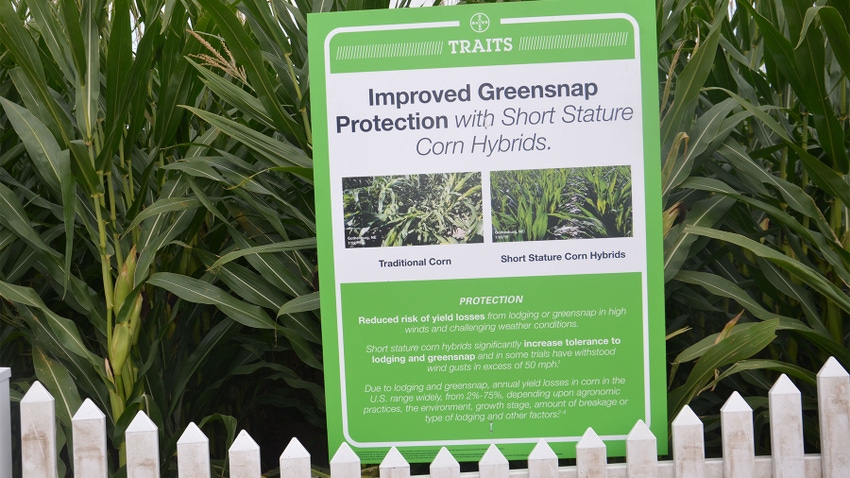
A Siri-like digital assistant for agriculture? Maybe someday, but not today. The generative artificial intelligence tool Bayer will pilot this year is not voice responsive — at least not yet. However, it can provide concise, clear information on a variety of agronomic topics.
Nalini Polavarapu, vice president of Bayer’s data science and enterprise analysis division, says the company is developing a large language model, which can function as an expert system. It can quickly and accurately answer questions related to agronomy, farm management and Bayer agricultural products.
Peeking behind the curtain
Polavarapu explains what the system currently can and can’t do, and where this technology is headed in this exclusive interview:
What sources of information power this new AI tool? It relies heavily on proprietary agronomic data from our agronomists across the country and around the world. We have also fed in results from thousands of our research trials. It also includes literally thousands of years of aggregated experience of Bayer agronomists worldwide.
Who has access to this AI tool? We are piloting it and continuing to train and update it internally inside Bayer right now. The next step will be to roll it out to partners whom Bayer works with in various capacities. That could happen later this year. Eventually, the goal is to make it available to farmers and customers.
When you say that is it quick, just how quick is it? You can have an answer in a matter of seconds. Right now, it is often used in a browser in a chat format. You ask a question, and it will deliver an answer. This is where we see the real benefit of the system. Today, if a grower asks a Bayer agronomist a question and the agronomist doesn’t know the answer directly but knows where to find it, it can still take from hours to days to contact the person who knows and get feedback to the person with the question. With this system, the person will have the answer almost instantly.
What are the biggest challenges in developing this tool? There are three. First, we must make sure that information provided in answers is of high quality. Second, the answers must be compliant with the regulatory community. Third, we must do this responsibly, making sure we are providing accurate information based on good data. That’s why validating answers generated by the tool during the piloting process is very important.
What is the ultimate goal for this technology? Ultimately, a grower could ask, “Which variety or hybrid should I plant in this field?” Or “Which herbicide should I apply here?” and get an answer. We are not to that level yet. There is a difference in risk level between providing information and providing recommendations. Today, the tool provides information. We are working toward being able to provide recommendations.
About the Author(s)
You May Also Like




